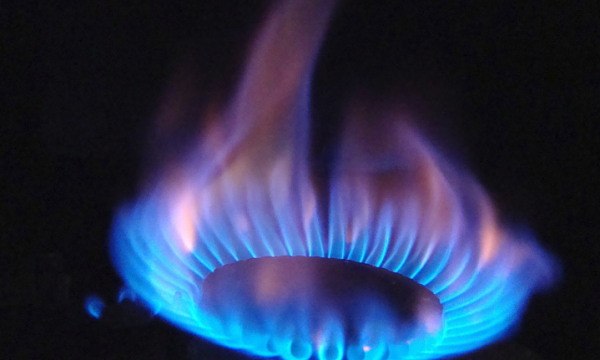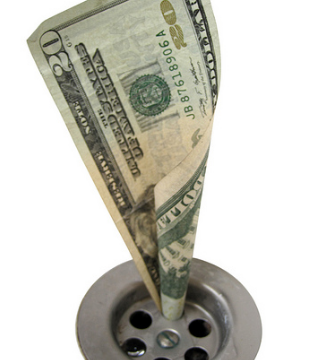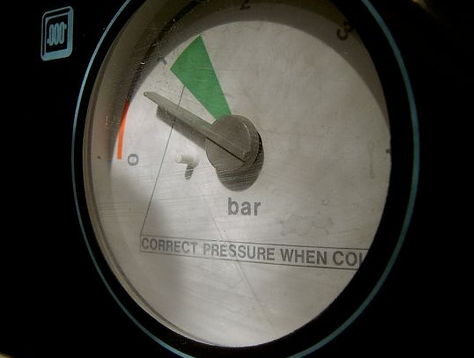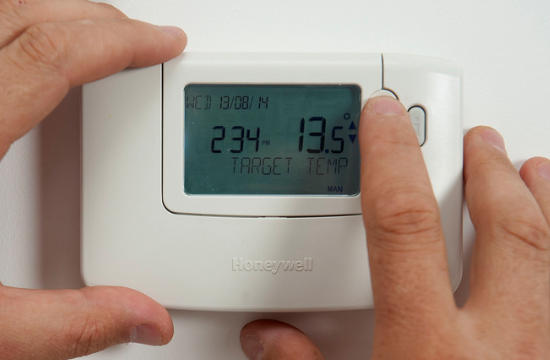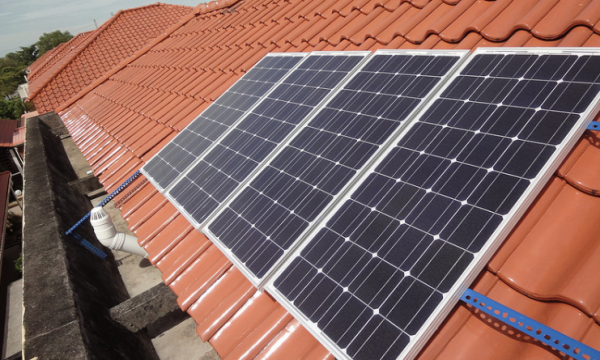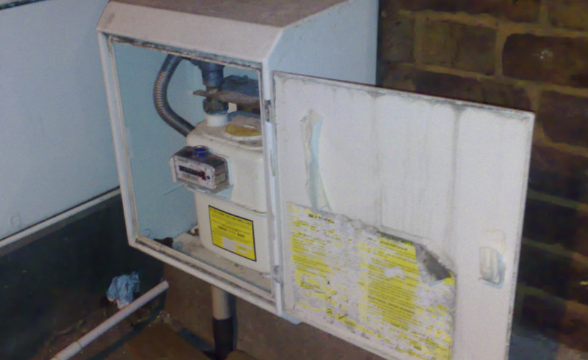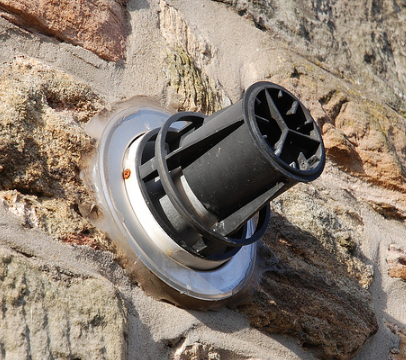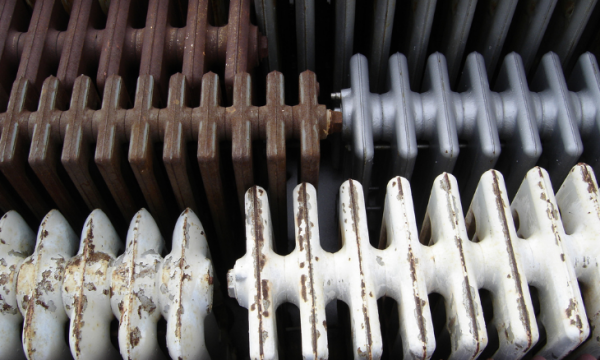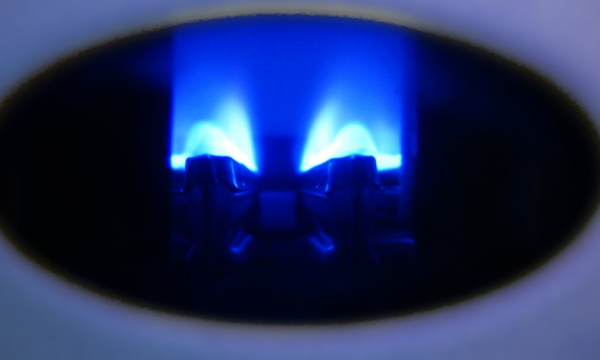We can all picture the depths of the winter with the outside covered by frost and ice and probably your fridge or freezer being warmer than the main areas of your house! It would then seem a bit strange and at odds to be thinking of turning down the heating or hot water when the tendency would be to push it up. We all know and accept that on bitterly cold days nothing short of hot water and warm central heating will do. Not every day is like this however – even in the winter. This is when turning down the controls can really help, and in this article, we will explore some of the reasons why this is so.
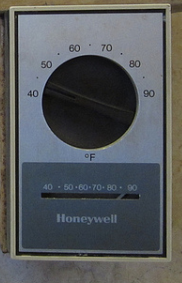
Above: An old-fashioned thermostat which have generally been replaced with digital models.
From: https://www.flickr.com/photos/juggernautco/7066671707/
The main reasons for turning down your heating or hot water.
1) Save money.
This is perhaps stating the obvious but turning down your central heating or hot water really will give you savings over time. Why is this so? The gas and boiler are not firing as much than with a higher temperature if it is lowered. The less gas that is used the less you pay for – it’s as simple as that.
2) Help the environment.
By turning down your hot water and central heating temperature which in turn uses less gas does two important things other things aswell:
A) Saves the planet of its gas and energy supplies.
B) Stops a greater amount of pollution being produced.
3) Your boiler can have a longer life.
By turning down the temperature the boiler is not having to work so hard, or perhaps be in constant use. In this way you are prolonging the life of the parts and equipment that make up your heating system.
How is this done in practice?
Research has shown that by lowering the temperature of your heating system by a single degree can save anything up to 3% on your gas bill – bear in mind this is also related to how efficient your boiler is in the first place too! With a little thought this is easily done in practice. Think about the times when you are not in the house or are in bed sleeping – these would be those ideal times. Room temperature is said to be 21oC so any calculations for turning down should be done with this figure in mind. Most people have smartphones and some of these have apps that let you control your heating without having to be at home. For adjusting the temperature of the house (i.e. making it cooler when no one is home,) these apps and system are fantastic and should be considered also.
Are there other benefits of turning the dial down?
Yes! These ones might not be quite so obvious and require a bit of thought or thinking outside the box but all are also true.
1) You can lose weight.
Lowering the temperature of the environment makes your body ‘work harder’ to keep warmer. By doing this you use energy and burn calories. Only do what is tolerable however!
2) Think about the fridge and freezer.
In a similar way to preserving your boiler, your fridge and freezer can live a longer life. The warmer the environment the more energy is needed to keep the appliances cool or cold. If these don’t have to work so hard they will last longer too.
3) A better nights sleep.
We can all think about the hot and humid nights of the summer and how difficult it is to get to sleep. Whilst this is hardly likely to happen in the winter the same principle applies. If the room or house is too warm you will find it difficult to nod off. Lowering the temperature will help.
Turning down the temperature does not mean having cold water or an unheated house – this is sometimes the natural thing that people think about. Even if you reduce temperature by the smallest of amounts, you will probably notice little difference in change but you will be doing the world (and your pocket) a big favour.
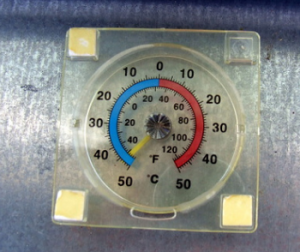
From: https://www.flickr.com/photos/trochej/2633294941/
Want to find out more about who we are? How we can install an energy efficient boiler in your home visit our about us page.
